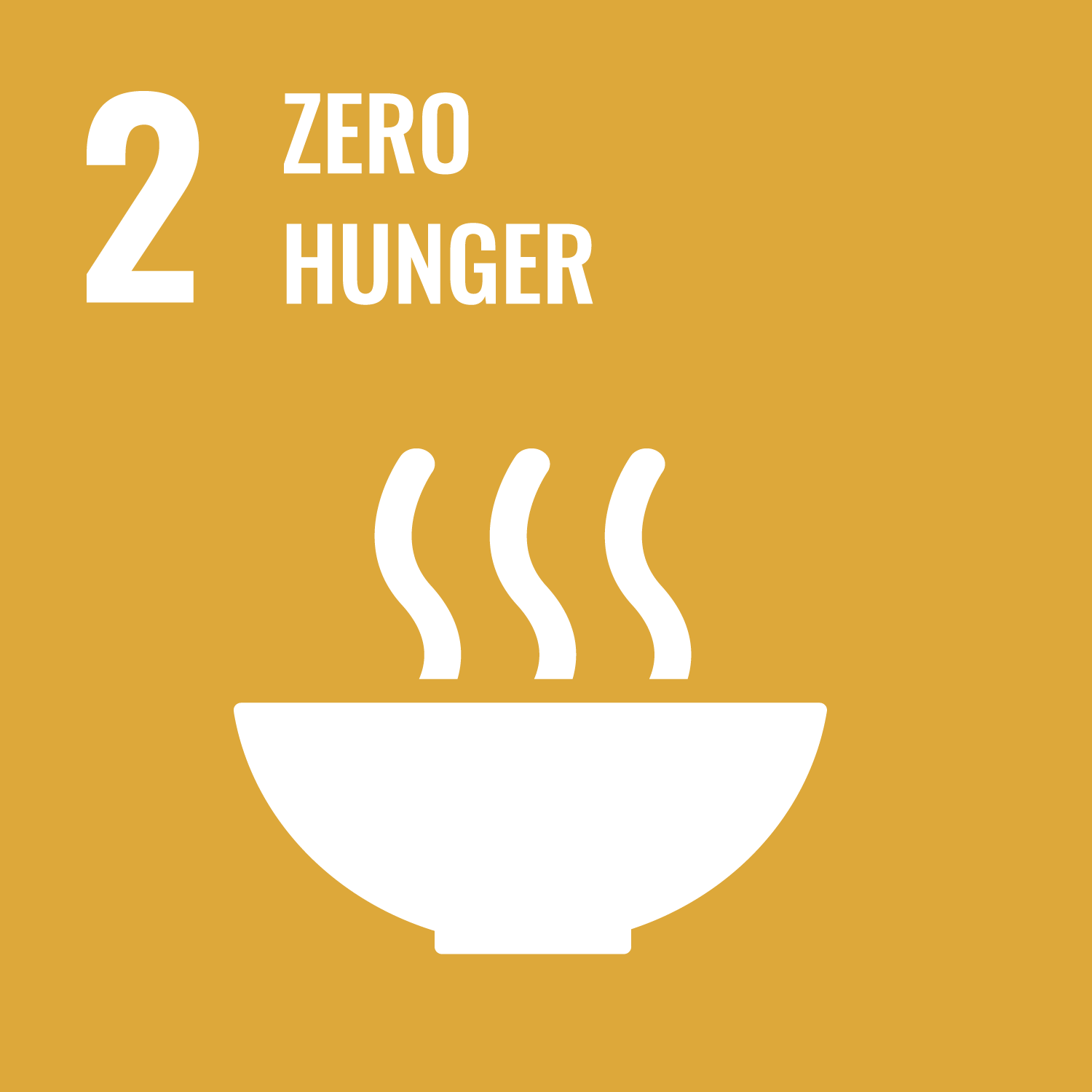Silpa, M.V., Kalaignazhal, G., Rebez, E.B. et al. (7 more authors) (2025) Rumen Microbes Associated Potential to Establish Climate Resilience In Ruminants – A Review. Annals of Animal Science, 25 (4). pp. 1211-1224. ISSN: 1642-3402
Abstract
Ruminants are stated to play a pivotal role of converting feed resources into nutritious outputs suitable for human consumption, which primarily is attributed to the diversified rumen microbiota they harbour. The rumen microbial niche is however not explored to its complete potential due to several limitations, the crucial one being the inability to culture more than 80% of the rumen microbes. Advances in next generation sequencing approaches have made promising inroads to bridge this gap. The adoption of techniques like 16S rRNA sequencing and whole genome shotgun metgenomics has now made it possible to assess the structural and functional dynamics of rumen microbiota. Nevertheless, there is a dearth of information pertaining to the impact of climate change on rumen microbe. This review was therefore an attempt to highlight the potential role of rumen microbiome during heat stress and also to emphasize on the significance of adopting rumen metagenomics to link climate change impact with altered productive potential in ruminants. Changes in ruminal microflora like, alterations in Firmicutes-Bacteroidetes ratio (highly correlated with milk fat yield), altered abundance of Fibrobacters group (potentially heat generating microbes), Actinobacteria group (acetate producing microbes), Fusobacteria, Cyanobacteria and so on were observed in ruminants during heat stress. Furthermore, it was also possible to link these alterations with several functional and metabolic pathways like, energy production and conversion, defense mechanism, lipid transport and metabolism, coenzyme transport and metabolism, cell cycle control, cell division and few more. Employing rumen metagenomics could also aid in understanding the differences in heat stress adaptive strategies between breeds. Therefore, intensifying the application of this methodology with heat stress in ruminants and extending it to assess the effectiveness of nutritional amelioration strategies could embark a new journey towards heat stress mitigation in ruminants.
Metadata
| Item Type: | Article |
|---|---|
| Authors/Creators: |
|
| Copyright, Publisher and Additional Information: | © 2025 Mullakkalparambil Velayudhan Silpa, Gajendirane Kalaignazhal, Ebenezer Binuni Rebez, Chinnasamy Devaraj, Hacer Tüfekci, Roman Mylostyvyi, Jacob Thanislass, Artabandhu Sahoo, Frank Rowland Dunshea, Veerasamy Sejian, published by National Research Institute of Animal Production. This work is licensed under the Creative Commons Attribution 4.0 License. |
| Keywords: | climate change, functional analysis, heat stress, metagenomics, rumen microflora |
| Dates: |
|
| Institution: | The University of Leeds |
| Academic Units: | The University of Leeds > Faculty of Biological Sciences (Leeds) > School of Biology (Leeds) |
| Date Deposited: | 24 Mar 2025 09:56 |
| Last Modified: | 05 Dec 2025 14:05 |
| Status: | Published |
| Publisher: | Sciendo |
| Identification Number: | 10.2478/aoas-2025-0011 |
| Sustainable Development Goals: | |
| Open Archives Initiative ID (OAI ID): | oai:eprints.whiterose.ac.uk:224723 |



 CORE (COnnecting REpositories)
CORE (COnnecting REpositories) CORE (COnnecting REpositories)
CORE (COnnecting REpositories)